Waste & material traceability solution for sustainable facilities
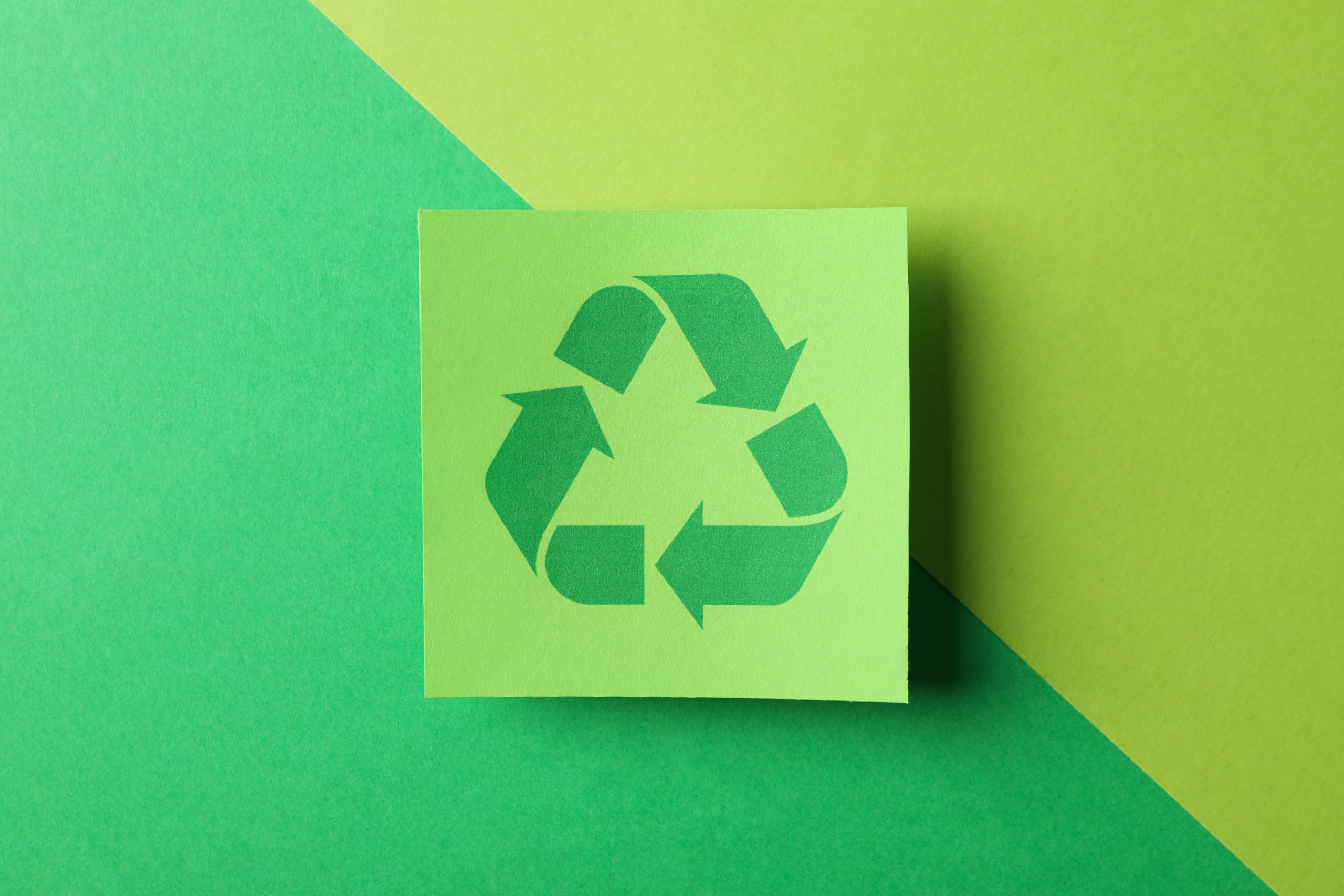
What do you save when you recycle? First of all, recycling is a complex system dictated by market demand, price determinations, and local regulations. Most importantly, it forms the basis for our planet’s future, sustainable development. Let’s forget the recycling myths and focus on these facts!
Obviously, this requires enormous operations and global cooperation, whose success depends on efficient waste management. The first myth is already broken, recycling cannot be an individual effort alone! Everyone from the product designer to the garbage collector, the recycling plant worker, and even citizens are responsible for correctly applying the waste hierarchy. It goes without saying that we consumers play an essential role in this circular thought. But how?
Although the number of people who think like this is less, the following question has been on people’s minds for a long time: Is recycling a myth? Of course not! However, this belief persisted for years due to:
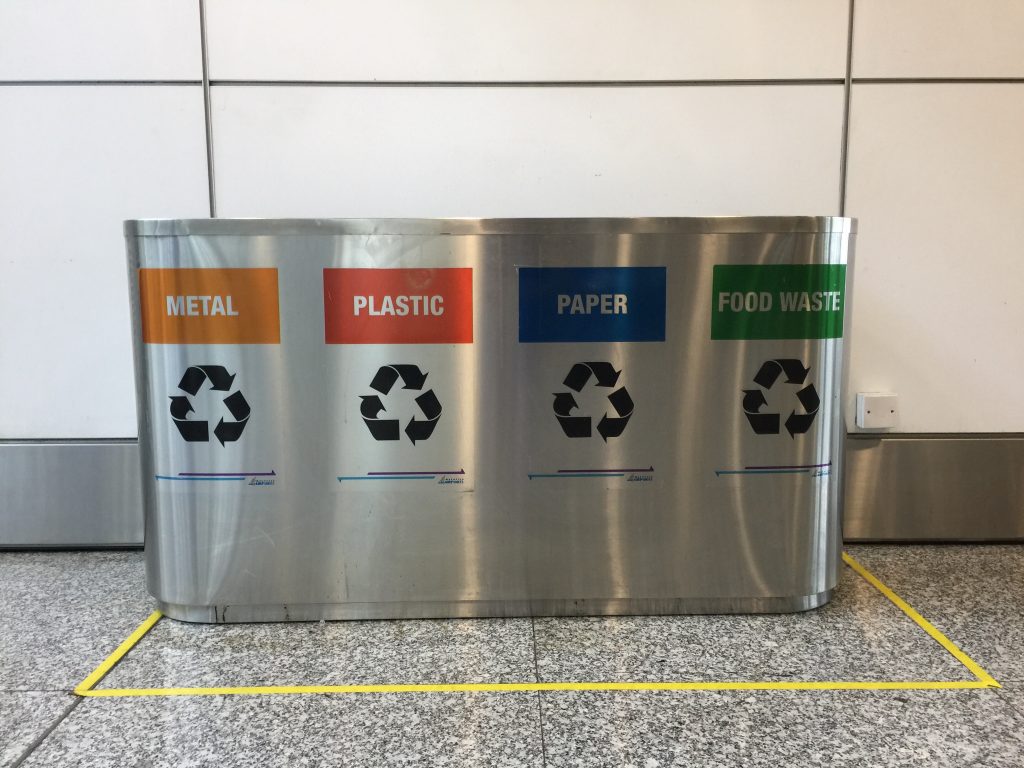
Fortunately, scientists and international organizations have proven the impact of recycling on preventing the current resource crisis and the irreversible effects of the climate crisis. What we need to do to save the planet is that simple:
To summarize, we want to recycle to help the environment and reduce the effects of global warming. Ultimately, our goal is to leave forthcoming generations a livable and sustainable future.
Generally, two elements affect recycling: Market and city management, namely, municipal solid waste management. Think about it. If there is no demand from the market first, it makes no sense to throw the waste in the recycling bin.
After all, recyclers pay for your recyclables. In case of less or no demand, it goes to landfills for disposal. Secondly, you need to know the local government’s types of recycling systems. However, most consumers still have some common recycling misconceptions. Come on, let’s fix these wrongs!
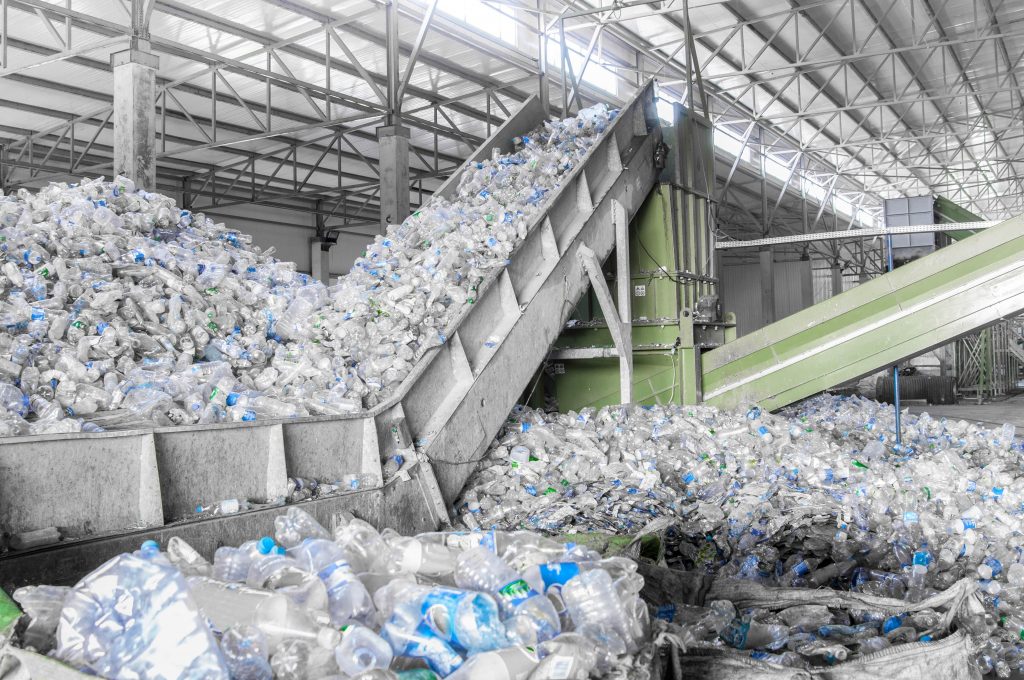
Let’s break down the recycling myths and have a look at the facts!
Perhaps because of such facts, the question is common: Is recycling plastic a myth? However, when we look at the plastic recycling details, it is obvious what we can gain as a form of energy or secondary material. Consequently, preparations for a United Nations agreement to regulate this issue internationally have begun due to the environmental problems of single-use plastics. Comprehensive plastic recycling solutions are also indispensable to meet the needs of this market! Let’s look at other exciting recycling facts:
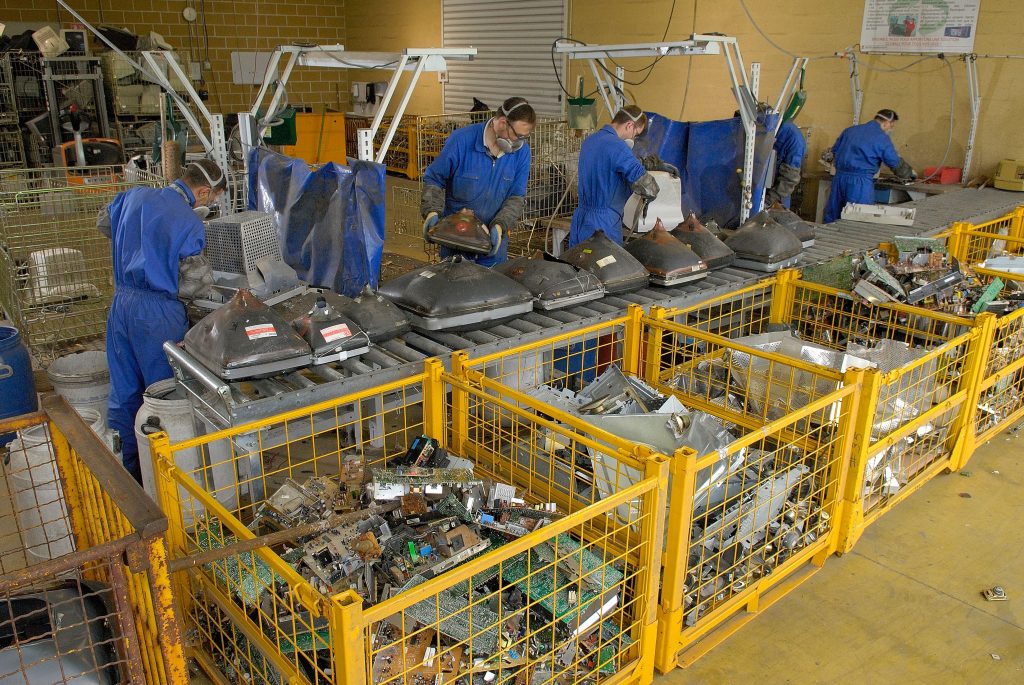
Regarding causes and results, recycling is like the dictionary equivalent of eco-friendly. However, recycling operations have the potential to create complete chaos. The world’s economic income gap is getting wider and the wealthier are producing more waste. Developed countries that cannot cope with this excess waste export their garbage to developing countries.
Unfortunately, the outcome is a complete mess. Garbage workers in developing countries make a living in dirty and dangerous conditions leading to painful and life-long diseases. For example, the Agbogbloshie district in Ghana was the world’s largest digital dump. Because of the amount of e-waste, there was a high cancer rate. It seems that we can overcome the global garbage crisis with the help of international solidarity and high-tech solutions instead of postponing or covering it up. With efficient recycling, we will:
Project Drawdown estimate that if people recycle products and packaging between 2020 and 2050, they can help reduce emissions by over 5.5 gigatons. This is equivalent to taking 1 billion cars off the road!
Moreover, this is the reason recycling processes require less energy compared to raw material extraction. For example, using aluminum scraps to produce cans reduces energy use by 95% compared to making aluminum cans from raw materials.
Recycling is essential on the road to a circular economy. That’s why new legislation and laws are being enacted all around the world. Here are a few examples of them:
In Maine and Oregon, manufacturers are responsible for the packaging they use. They have to fund programs to collect and recycle their packaging waste.
Additionally, in Oregon, manufacturers are required to pay an annual membership fee to improve their recycling facilities.
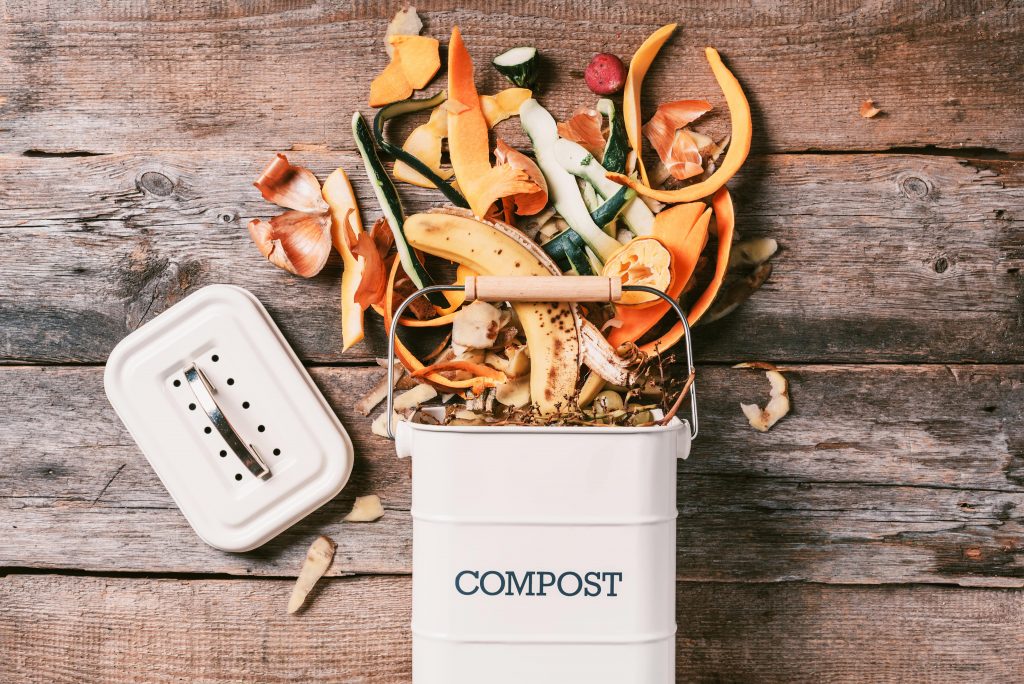
There is an efficient composting rule in California. Food residues have to be composted in residences and workplaces. Restaurants, grocery stores, and hospitals must donate at least 20% of their excess edible food to programs that feed the hungry.
Yet, just legislation is not enough.Technical power and know-how is just as important to implement legislation. This is where Evreka come into play with smart waste management!
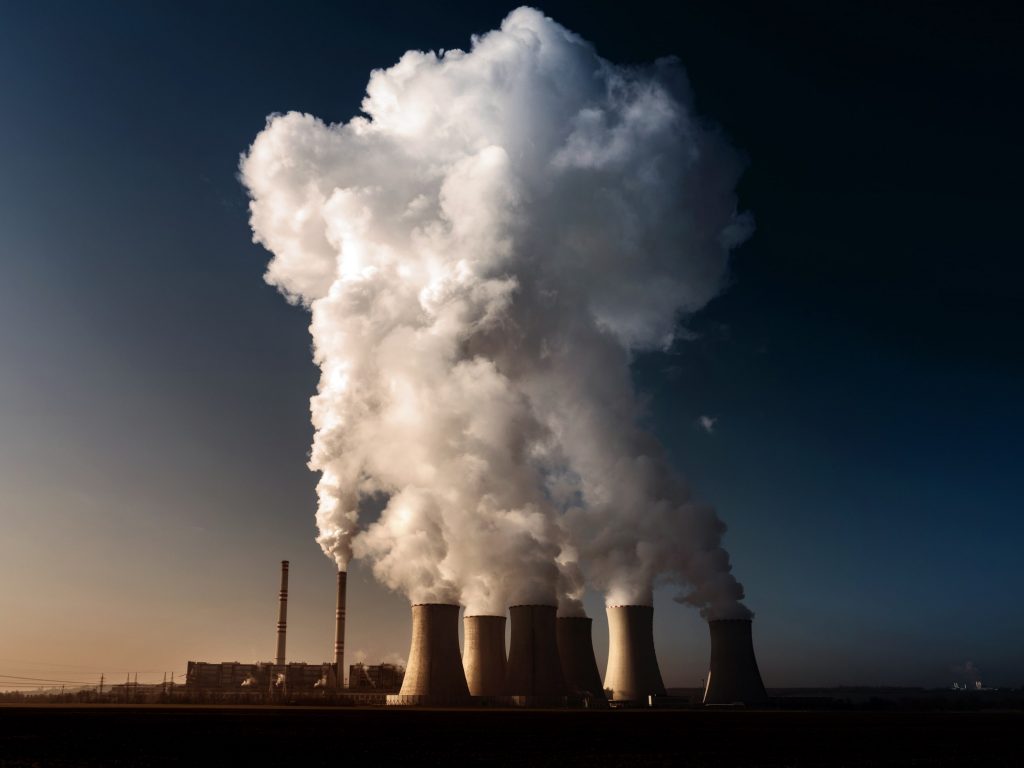
Waste management is vital for operational efficiency in recycling centers. As a global waste management company, Evreka eliminates difficulties with end-to-end solutions. Cutting-edge software and hardware technology make your recycling business more agile and efficient.
Evreka MRF Management solution provides every need of your facility for waste collection, sorting, recycling logictics, and selling to end-buyers. You can plan smooth operations, from recording vast inbound materials to complex outbound streams. Main benefits are:
Thanks to the Evreka EPR Management module, you will not have to worry about the chain of custody and complex details! This way, you can achieve:
Digitizing all the actions under one roof, Evreka Operations Management module offers seamless field service. Main benefits are:
Contact us now for information and advice on recycling software!